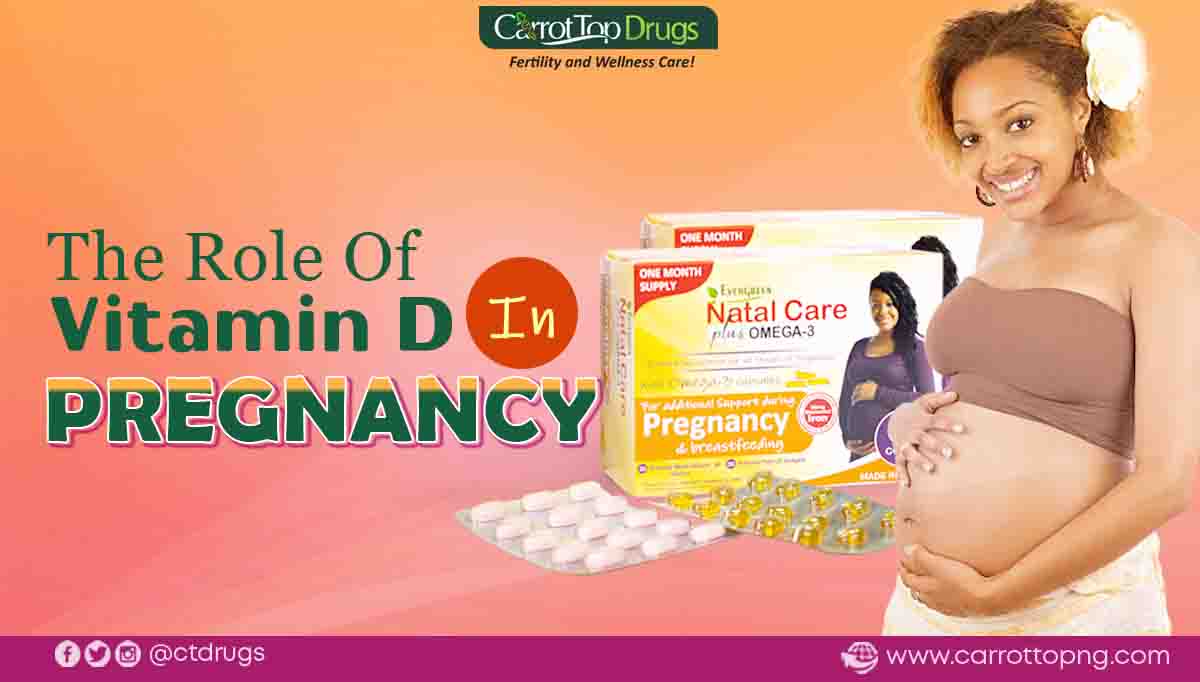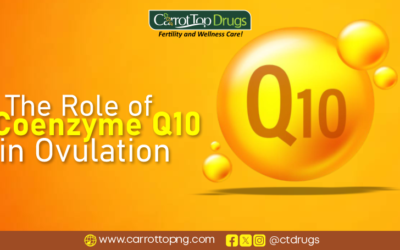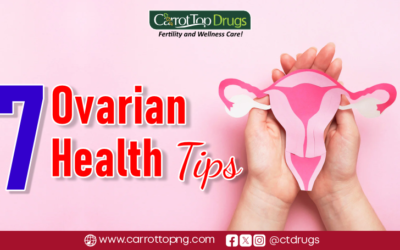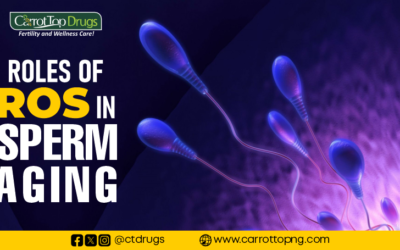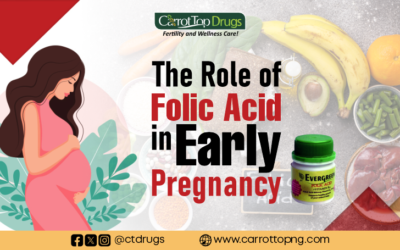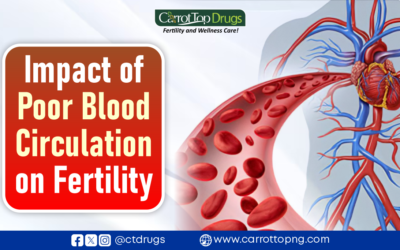Introduction
Proper nutrition lays the foundation for a healthy pregnancy journey, with the impact extending to the well-being of both the expectant mother and the developing fetus. Among the array of essential vitamins, Vitamin D emerges as a linchpin in promoting optimal health during this critical period. In this article, we would be sharing with you the impact of vitamin D on pregnant women.
As the body undergoes transformative changes to support fetal growth, the demand for key nutrients, including Vitamin D, intensifies. This vitamin, often referred to as the “sunshine vitamin,” is unique in its dual role of aiding calcium absorption for bone health and contributing to the regulation of immune function.
Statistics of Women Who Take Vitamin D
According to the study made by Bo Chen et al., vitamin D deficiency rate, insufficiency rate and sufficiency rate of pregnant women were 83.28%, 15.36%, and 1.36% respectively, with the vast majority of the pregnant women in a state of vitamin D deficiency. In this study, only 1.36% of them had sufficient Vitamin D. That’s not too good.
In Asali Hospital, a study was also done on pregnant women who were deficient in Vitamin D. It was discovered that overall, 60.9% of the mothers and neonates were reported to be 25(OH)D deficient whereas, 89% of the mothers and their newborns had insufficient vitamin D levels.
Problems Due to Insufficient Vitamin D in Pregnant Mothers:
Understanding the nuanced ramifications of inadequate Vitamin D in expectant mothers is crucial in recognizing the profound impact of Vitamin D on pregnant women. Insufficient Vitamin D levels pose a significant risk, manifesting in complications that range from gestational diabetes to an increased likelihood of preterm birth.
Increased Risk of Having Gestational Diabetes
According to recent studies, there is a correlation between low Vitamin D levels in mothers and the elevated risk of gestational diabetes. The intricate web of causation underscores the multifaceted impact of Vitamin D on pregnant women’s health, emphasizing the need for proactive measures to address deficiencies. As we explore the complexities of gestational diabetes, the role of Vitamin D emerges as a potential modifiable factor, offering a window of opportunity to enhance overall maternal well-being.
Increased Risk of Preterm Delivery
Similarly, the association between insufficient Vitamin D and preterm birth is a critical aspect of understanding the comprehensive impact of Vitamin D on pregnant women. According to Lu-Lu Chen et al., mothers with low Vitamin D levels may be more susceptible to preterm labor, leading to potential health challenges for both the newborn and the mother. This correlation underscores the urgency of maintaining optimal Vitamin D levels throughout pregnancy to mitigate the risk of preterm birth and its associated consequences.
The Benefits of Taking Vitamin D in Pregnancy (Impact on the Fetus and the Mother)
Exploring the manifold advantages of ensuring sufficient Vitamin D intake during pregnancy unveils the profound impact of Vitamin D on pregnant women and the well-being of both the developing fetus and the mother.
Development of Strong Bones in the Fetus:
One of the primary contributions of optimal Vitamin D intake is observed in the development of robust bones in the fetus. This aspect epitomizes the direct and tangible impact of Vitamin D on pregnant women during the critical period of fetal growth. Vitamin D, often dubbed the “bone vitamin,” plays a pivotal role in facilitating calcium absorption, a fundamental building block for skeletal development. The proactive nature of ensuring adequate Vitamin D levels ensures a solid foundation for the skeletal framework of the unborn child.
Risk Reduction of Complications:
The positive impact of Vitamin D on pregnant women extends beyond skeletal health. Adequate Vitamin D intake has been correlated with a reduction in the risk of various complications during pregnancy. From gestational diabetes to preeclampsia, the comprehensive scope of Vitamin D’s influence underscores its role as a preventive measure. By addressing potential complications, optimal Vitamin D levels contribute to a smoother and healthier pregnancy experience, illustrating the far-reaching impact of Vitamin D on pregnant women’s health.
Support for Overall Well-being:
Embracing the impact of Vitamin D on pregnant women’s overall well-being encompasses a spectrum of health benefits. Beyond the physical realm, Vitamin D has been associated with mood regulation and mental well-being. Adequate Vitamin D levels during pregnancy may contribute to a positive mental state for the mother, influencing the emotional aspect of the journey. This holistic perspective reinforces that the impact of Vitamin D on pregnant women transcends mere physiological functions, emphasizing the interconnected nature of maternal health.
Sources of Vitamin D:
Delving into the diverse avenues from which pregnant women can obtain Vitamin D reveals the practical aspects of ensuring the essential nutrient intake, exemplifying the varied impact of Vitamin D on pregnant women.
Sunlight Exposure:
A primary and natural source of Vitamin D is sunlight. Exposure to sunlight allows the skin to synthesize Vitamin D, emphasizing the significance of sunlight in meeting Vitamin D requirements. This natural pathway underscores the accessible and cost-effective nature of optimizing the impact of Vitamin D on pregnant women through exposure to sunlight, albeit with considerations for skin type, geographical location, and cultural practices.
Dietary Supplements:
Supplementation stands as a valuable avenue for pregnant women to enhance their Vitamin D intake. Especially in situations where sunlight exposure may be limited, dietary supplements offer a reliable option to bridge the gap. Evergreen Natal Care and Evergreen Natal Care plus Omega-3 are both supplements that supply women with sufficient amounts of Vitamin D. Also, we have Evergreen Vitamin D supplement as well. This strategic supplementation aligns with the goal of maximizing the positive impact of Vitamin D on pregnant women, ensuring that they meet their specific nutritional needs during pregnancy.
Another reason for supplementation is that in seasons where there is reduced sunlight, pregnant women need other sources of Vitamin D.
Fortified Foods:
Recognizing the need for diverse dietary options, fortified foods contribute to the arsenal of sources for Vitamin D. Foods like fortified milk, cereals, and orange juice provide alternatives for pregnant women to incorporate into their diets. This aspect of food fortification adds a layer of flexibility, enabling women to make informed choices and customize their nutrition to enhance the impact of Vitamin D on pregnant women.
Daily Requirement of Vitamin D in a Pregnant Mother:
Recognizing the nuanced daily requirements of Vitamin D is paramount for expectant mothers, defining the precise contours of their nutritional needs during pregnancy.
The daily requirement of vitamin D in Pregnant women is 10 micrograms which is the same as 400 IU ( International Units). This awareness empowers pregnant women to navigate their dietary choices and consider supplementation judiciously, ensuring they meet the specified daily Vitamin D requirements.
Conclusion:
In conclusion, Vitamin D plays a pivotal role in promoting maternal and fetal health. From addressing deficiencies to embracing diverse sources and understanding specific daily requirements, a comprehensive approach is essential. By prioritizing optimal Vitamin D intake, expectant mothers actively participate in nurturing a healthier pregnancy, exemplifying the profound impact of Vitamin D on pregnant women’s well-being. This collective effort not only ensures a positive start for the next generation but also emphasizes the significance of proactive maternal nutrition for a brighter and healthier future.
FAQs
Q. Why is Vitamin D crucial during pregnancy?
Vitamin D is crucial during pregnancy as it plays a pivotal role in the development of strong bones in the fetus and contributes to reducing the risk of complications for both the mother and the child.
Q. What are the primary sources of Vitamin D for pregnant women?
The primary sources of Vitamin D for pregnant women include sunlight exposure, dietary supplements, and fortified foods, providing essential options to meet their nutritional needs.
Q. How can pregnant women ensure they meet their daily Vitamin D requirements?
Pregnant women can ensure they meet their daily Vitamin D requirements by understanding specific guidelines, adapting their diet, incorporating sunlight exposure, and, if necessary, consulting with healthcare providers for supplementation.
Q. What are the potential risks of Vitamin D deficiency during pregnancy?
Vitamin D deficiency during pregnancy may increase the risk of developmental issues in children, gestational diabetes, preterm birth, and other complications, emphasizing the importance of addressing deficiencies.
Q. Can too much Vitamin D be harmful during pregnancy?
Yes, excessive Vitamin D intake can be harmful during pregnancy. It is crucial to adhere to recommended levels, as an overdose can lead to toxicity and adverse effects on both maternal and fetal health.
Q. Are there lifestyle factors that can affect Vitamin D levels in pregnant women?
Yes, lifestyle factors such as limited sunlight exposure, certain dietary choices, and geographical location can influence Vitamin D levels in pregnant women, necessitating awareness and proactive adjustments.
Q. How does Vitamin D contribute to mental well-being during pregnancy?
Vitamin D has been associated with mood regulation, and maintaining optimal levels during pregnancy may contribute to positive mental well-being for the mother, highlighting the holistic impact of Vitamin D on maternal health.

